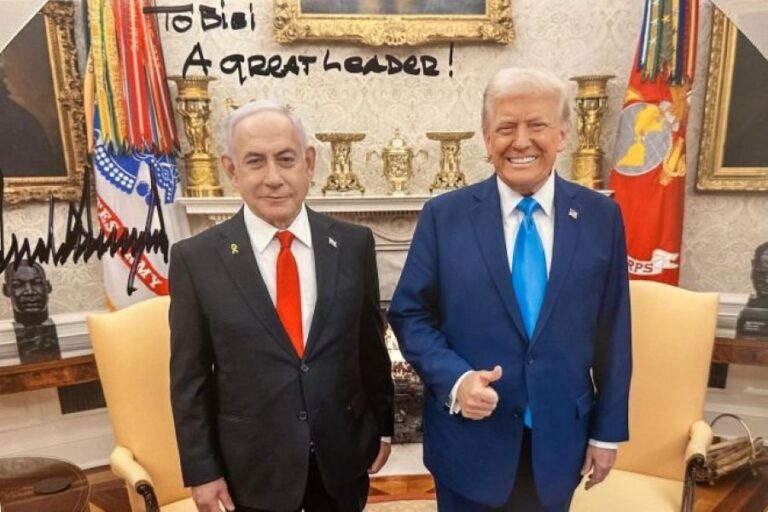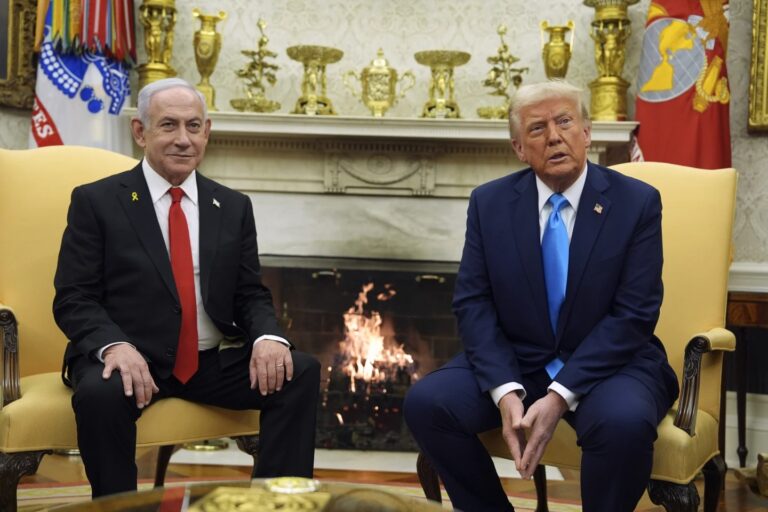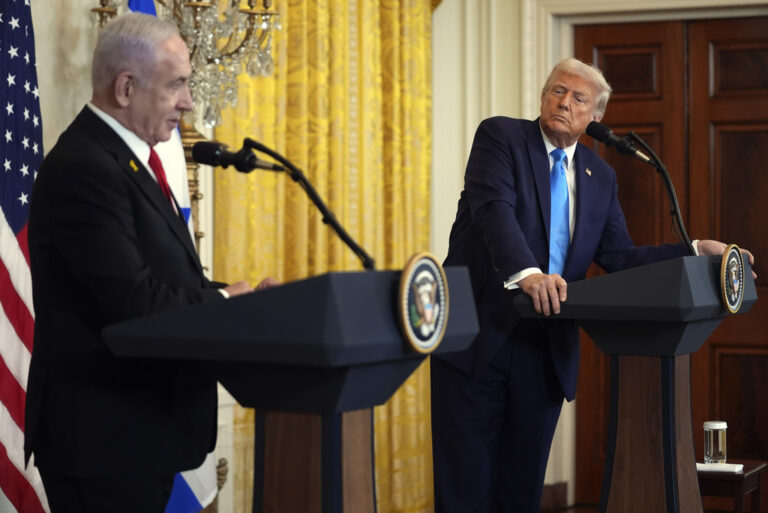 The IDF views the report of the Winograd Committee as an important document, and is obliged to evaluate its contents and act accordingly to correct any shortcomings. As a body that is constantly under public scrutiny, the IDF considers this report to be important tool for detecting and correcting its problems and shortcomings.
The IDF views the report of the Winograd Committee as an important document, and is obliged to evaluate its contents and act accordingly to correct any shortcomings. As a body that is constantly under public scrutiny, the IDF considers this report to be important tool for detecting and correcting its problems and shortcomings.
The IDF is fully aware of the failures and lessons that were revealed in the different fields during the Second Lebanese War, and to the perception that was created among the Israeli public, therefore it is in a midst of a comprehensive and continuing process of correction.
The IDF did not wait for the report and immediately after the war, on the orders of the Chief of Staff, at the time, Lt. Gen. (res.) Dan Halutz, initiated a thorough process of inquiries which resulted in an extensive list of lessons and conclusions.
It is emphasized, that this list was translated to an encompassing work plan which constitutes a major change.
The process began during the year of 2007, which was declared in the IDF as “the year of strengthening and preparedness”, during which priority was given to operational frameworks and infrastructure. Accordingly and as a result of the size of the challenges and gaps that were identified, it is important to stress that there is no single and immediate solution to these issues, but rather in a multi-year program, which will provide a comprehensive system-wide solution, according to the priorities defined within the program.
Following the war, the IDF operative conception was updated and the priority was placed on the joint training and combat operation of the different branches, as well as the strengthening of the IDF land maneuver capability, alongside the clarifying of fighting values and the foundations of the moral spirit of the IDF.
The IDF operative plans and orders were examined and rewritten according to the IDF’s needs in a clear and professional manner. These plans are constantly reviewed, and their goals are updated on a multi-annual basis.
During the past year, the IDF has implemented a training program which was unprecedented in its scale for many years. One of the lessons from the war dealt with the need to exercise the senior command, thus during 2007 the General Staff, the Air Force, the Navy and the four Commands (Central, Northern, Southern and the Home Front) participated in exercises.
In addition, divisional training exercises as well as brigade level (permanent army and reserve), combat support level, Air Force and Navy level (permanent army and reserve) exercises took place; all of which included mobile elements and live fire, while implementing the lessons and conclusions which were reached during the war inquiries. A special emphasis was placed on the reserve forces that have been defined as the “core strength” of the IDF.
The IDF is operating according to a multi-year plan, to restock ammunition and weaponry in order to replace the weapons that were used by the IDF during the war.
Additionally, a five year plan named “River Rapids” was inaugurated, with a total budget of nearly 2 billion shekels, for the completing and improving of the equipment in the IDF’s emergency warehouses.
As for the training of commanders, there has been a revolution in the instruction doctrine, as well as a decision that no officer should be appointed to a position for which he does not have the appropriate professional trainings while emphasizing the continuing nature of this training and instruction.
Since the war programs for training commanders were developed (some of them from the foundations), improved and implanted this year, including a Division Commanders Course, a Brigade Commanders Course and unification of the Air, Land, Navy and Intelligence Command and Staff Colleges into one.
In the field of the Home Front, the Command had undergone a long and thorough process of lesson studying, an extensive exercise took place and the Home Front Command’s activity of the learning process was presented to the political echelon as well as to the State Comptroller Committee.
The implementation of the lessons learned from the war was integrated in the work plan for 2008 as well as in the multi-year work plan “TEFEN” that was finalized and authorized last September. During the last year, many organizational changes were finalized with the objective of strengthening the General Staff capability to activate the force while focusing the land forces on building the land forces; two directorates were rebuilt: the Deputy Chief of Staff will serve as the head of the army’s headquarters, with responsibility for activating and building the force. Medical, Logistics and Centers Branch will transform into a “Logistic Command” in which a logistics section was built.
The chief corp. commanders – logistics, armaments, manpower and communications will return to the directorates of the General Staff. The Operating Division that was built in the Intelligence Branch will lead into an improvement in the procedures and operational synergies. In addition, in the Teleprocessing Branch, a Teleprocessing Brigade was established.
Alongside the criticism and feeling of disappointment after the war, one must remember that IDF troops have shown great courage in the battlefield, and that in every contact between IDF soldiers and terrorists, the IDF forces prevailed.
During the inquiries into the war, many stories of valor and bravery were discovered which led into awarding of different medals and decorations to the soldiers and officers involved. The IDF continues and will continue to act in order to gain and maintain the trust of the Israeli public, to retain quality commanders in career service and to strengthen the value of serving the country in the regular, career and reserve forces.
The IDF Spokesperson wishes to emphasize that in order to withstand its tasks and future challenges, the IDF will need the trust, support and assistance of the Israeli people, as well as constructive criticism that the IDF is obligated to study and implement.











3 Responses
My copy of the IDF response fails to mention the word “G-d” in it. Is it just my copy or did everyone get the same thing?
Filly trust me there are no atheists in foxholes g-d is never mentioned in press releases (why i dont know). As a former IDF Commander(combat) i always thought the reserves were mot being utilised properly but who am i to judge way above my pay grade. The bottom line is after seeing many changes and new plans in my time all one can do is hope it get implemented and not put back in the drawer as soon a pressure drops.
FillyFrum
It’s probably because you don’t have koshernet.